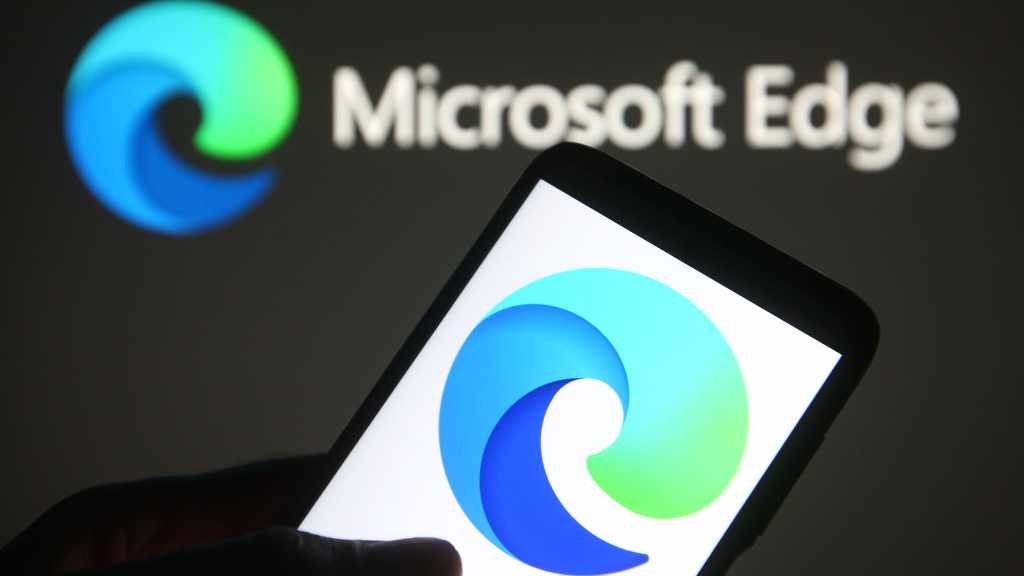In a significant advancement for users of Microsoft’s Edge browser, the company has introduced a new feature that redefines how users interact with their browsing history. Utilizing local AI technology, Microsoft is enhancing the search experience within Edge, making it more intuitive and efficient for users to locate previously visited sites.
AI-Powered History Search
With the recent beta release of Microsoft Edge, users can now take advantage of an “AI-powered History search” function. This feature allows for more natural language queries, accommodating synonyms, phrases, and even typos. This means that if you search for “news,” Edge might also pull up relevant sites that contain “updates” or “articles,” effectively broadening the history search spectrum. This upgrade aims to streamline the process of finding past browsing activities, reducing the need for precise keyword entries and making the experience more user-friendly.
According to Microsoft, the AI feature operates locally, meaning your search data is processed on your device without being sent to external servers. This approach prioritizes user privacy, as developers claim that the training model used for this feature does not leave your device. The AI search works by studying your individual browsing habits and history, then leveraging that knowledge to improve search results. This local AI system is expected to enhance the customization and accuracy of search results significantly.
Anticipated AI Model and Hardware Requirements
While Microsoft has not specified which local AI model powers this feature, many speculate it could be the Phi Silica model the company announced last year. This model is designed to integrate AI capabilities into devices, enhancing user interaction by providing features such as better personalized experiences and quicker response times. However, it remains to be seen whether this upgrade will require specific hardware configurations like the Copilot+ PCs which are designed to support high-performance AI tasks. Currently, users with standard hardware will still be able to utilize Edge’s basic features without the need for the latest Copilot+ specifications.
In addition to the AI-powered history search, Edge is also enhancing its media control functions. A new media control center is being introduced, which allows users to manage audio and video playback seamlessly while browsing. This feature is already showing up in the stable version of Edge, indicated by a music note icon near the URL bar. Clicking this icon provides quick access to playback controls, although many users have expressed the need for volume and mute options for greater convenience.
Future Enhancements and User Experience
Another significant upgrade on the horizon is the integration of a Copilot chat summarization option within the Edge context menu. This feature will enable users to ask questions related to the current page’s content, enhancing the way users interact with web information. Additionally, Microsoft is implementing notifications that alert users if Edge begins to slow down, particularly with multiple tabs open—an issue that many users encounter regularly.
These features are rolling out through what Microsoft terms “controlled feature” rollouts, meaning they may not be immediately available to all users. However, the anticipation remains high that they will ultimately become part of the standard Edge experience for everyone.
Market Response and User Reception
The introduction of AI features into Edge is reflective of a broader trend in the tech industry where AI is becoming increasingly integrated into everyday applications. As users grow accustomed to more intuitive search functionalities in platforms like Microsoft Bing and Apple’s Siri, they will likely welcome similar enhancements in their web browsers. The expectation is that these AI enhancements will not only improve the user experience but also potentially attract new users to Edge, allowing it to compete more effectively with other major browsers like Google Chrome and Mozilla Firefox.
Recent data from Statista indicates that Microsoft Edge holds approximately 4.2% of the global browser market share as of early 2023. While this is a modest figure, features like AI-powered history search could help sway users who prioritize efficiency and privacy in their browsing experience.
Quick Reference Table
| Feature | Description |
|---|---|
| AI-Powered History Search | Natural language search with synonyms and typo tolerance |
| Local AI Processing | User data remains on-device; no external data transmission |
| Media Control Center | Quick access to playback controls next to the URL bar |
| Copilot Chat Summarization | Question and answer functionality for current webpage content |
| Performance Notifications | Alerts for potential slowdowns with multiple tabs |
The blend of enhanced search capabilities and user-friendly features in Microsoft Edge could signify a turning point for the browser, improving its position in a crowded marketplace. As Microsoft continues to innovate with local AI functionalities, users can expect a more personalized, efficient browsing experience that prioritizes both usability and privacy.

